For the Marathon of the Q Berlin Questions everyone was invited to prepare a short talk about new ideas and existing projects. For several hours speaker after speaker went on the stage. Here we have selected some of many awesome talks.
MARATHQN
Excerpt of the talks
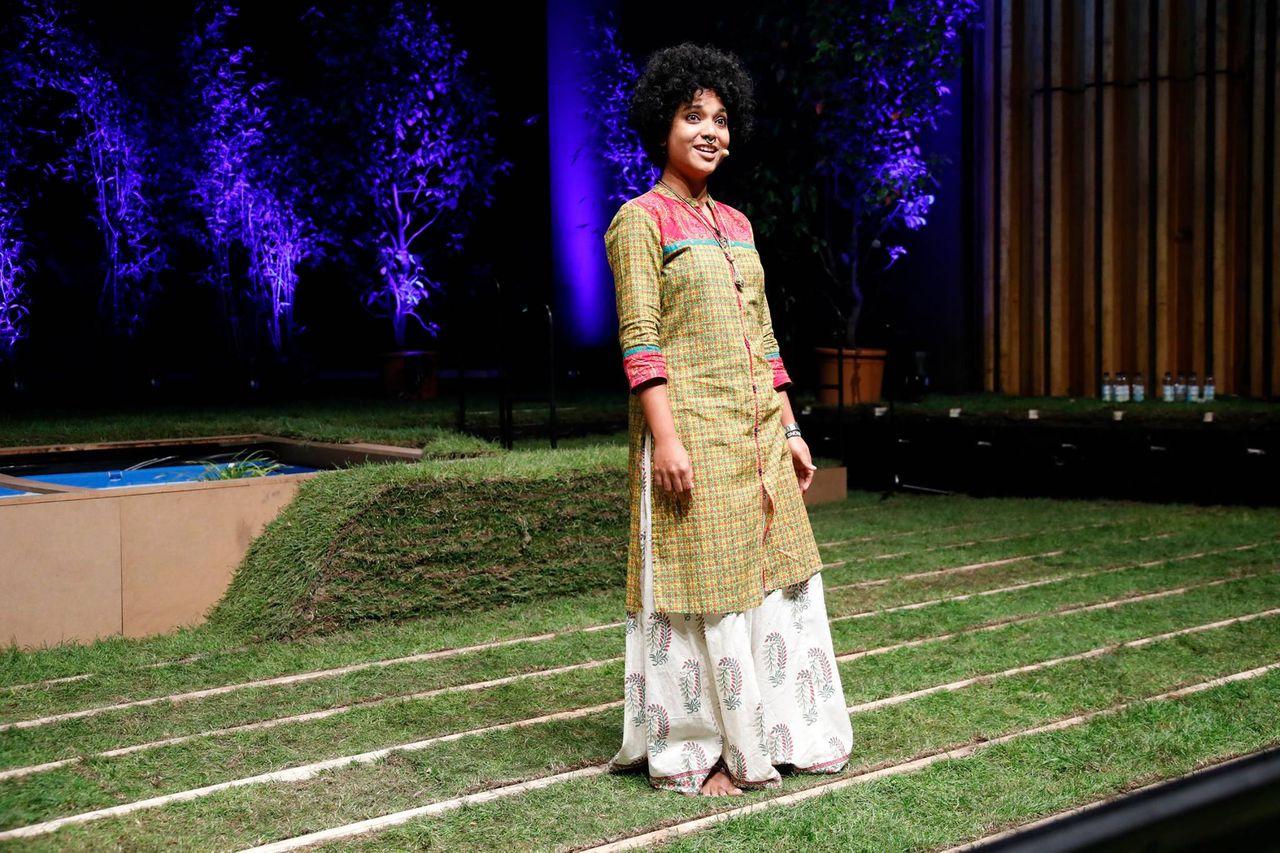
Deborah Emmanuel
In her spoken word performance Deborah Emmanuel challenges the notion that human beings are selfish creatures. Our “animal programming” could explain some of humanity’s terrible acts, be they genocide or factory farming - “it’s all biology.” However, according to Emmanuel, humans evolved from predators to individuals that have control over their actions. She concludes that even when change seems impossible, adapting your own attitude is still an option.
Find her TEDx talk here
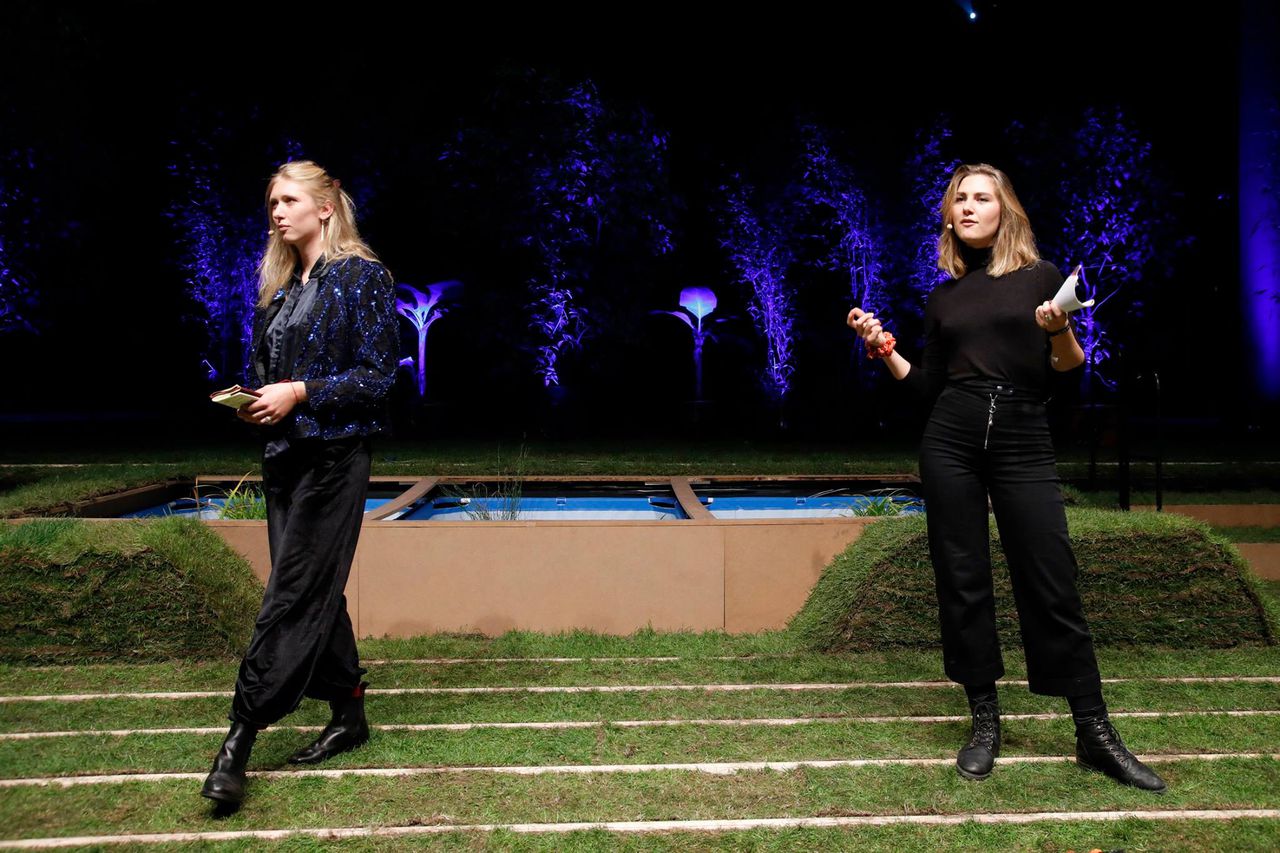
Halea Isabelle Kala/Luisa Dahringer
Ever heard the word “transmodernity”? No? Then let Halea Isabelle Kala and Luisa Dahringer will fill you in. These two young producers have traveled throughout Europe to showcase people who have brought about real change in their communities. These changes may not turn the world upside down, but they are nevertheless helping to guide modern life towards a new paradigm. Grow your own food, consume less, change your neighbourhood - the opportunities are many.
Find out more about Halea and Luisa here
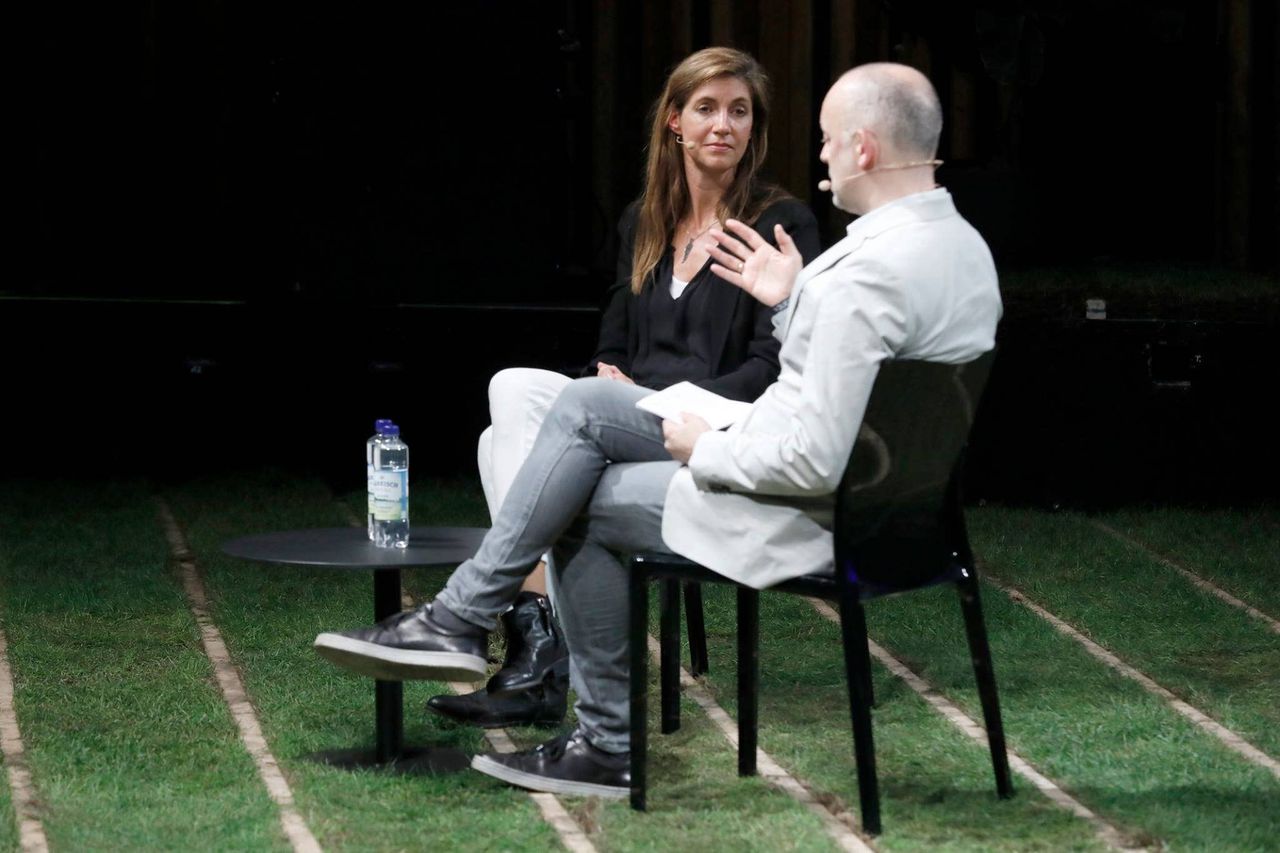
Christiane zu Salm
Christiane zu Salm is all about asking the right questions, but is also trying to find good ways to solve them. She finds the dichotomy of good or bad unsatisfying and maintains that it is dangerous to remain stubbornly in our own frame of perception when trying to solve today’s complex questions. In order to find better solutions, she proposes a three-point-strategy; first, we must change our attitude and be more open to other perspectives. Second, it is necessary to organize those perspectives by managing different interests. Third, we need to contextualize the perspectives since no solution can ever satisfy everyone, making prioritizing helpful.
Her own contribution to today's need for answers is buying an old publishing house and making publishing an open intellectual process.
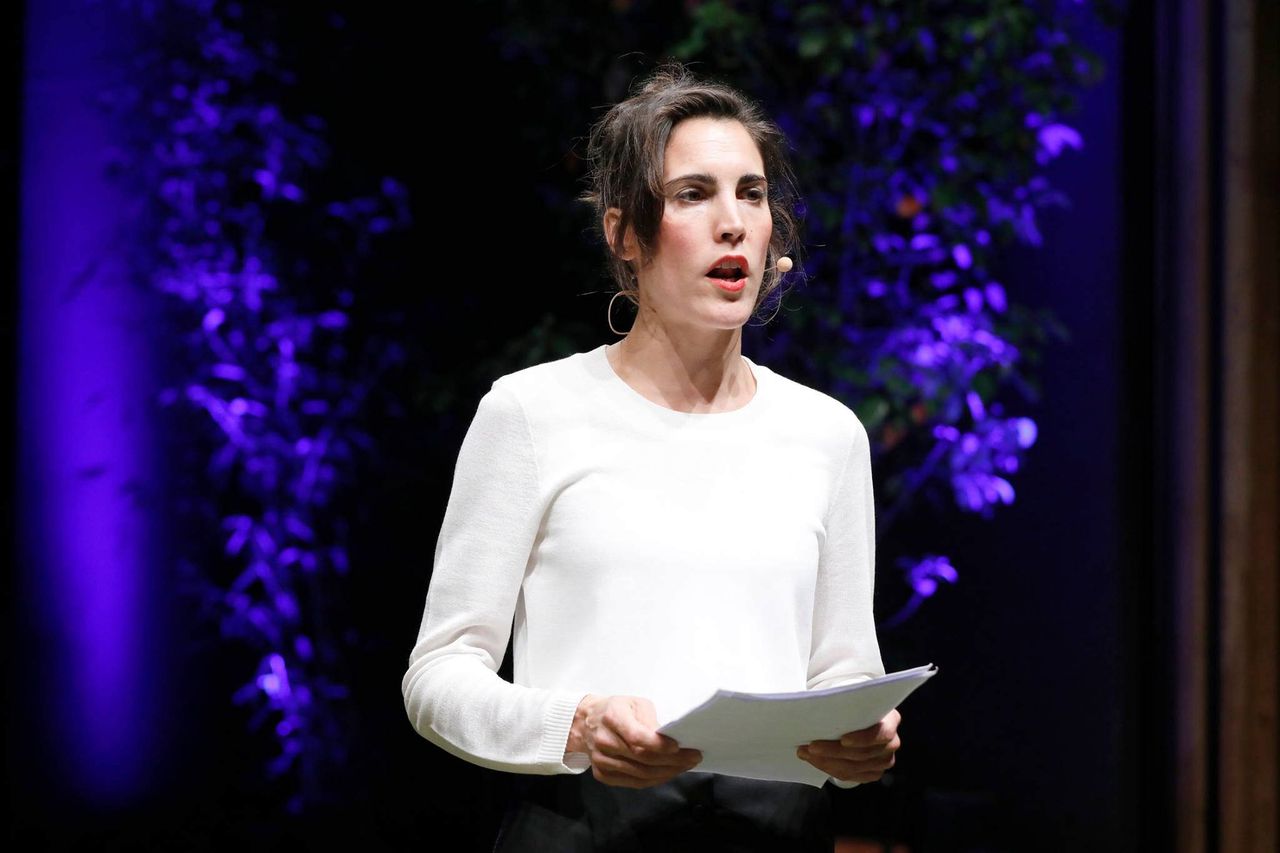
Charlie Koolhaas
Charlie Koolhaas is interested in cities as a starting point from which she investigates cultural diversity. During her long research residency in the Chinese city of Guangzhou she observed that the different ethnic groups there share a coexistence opposite to the western ideal. People there remain within their communities and live parallel to rather than with one another. It is only the economic structure that glues them together. In conclusion she proposes that people can live together by leaving each other be, creating distance between them and the conditions needed for a peaceful coexistence.
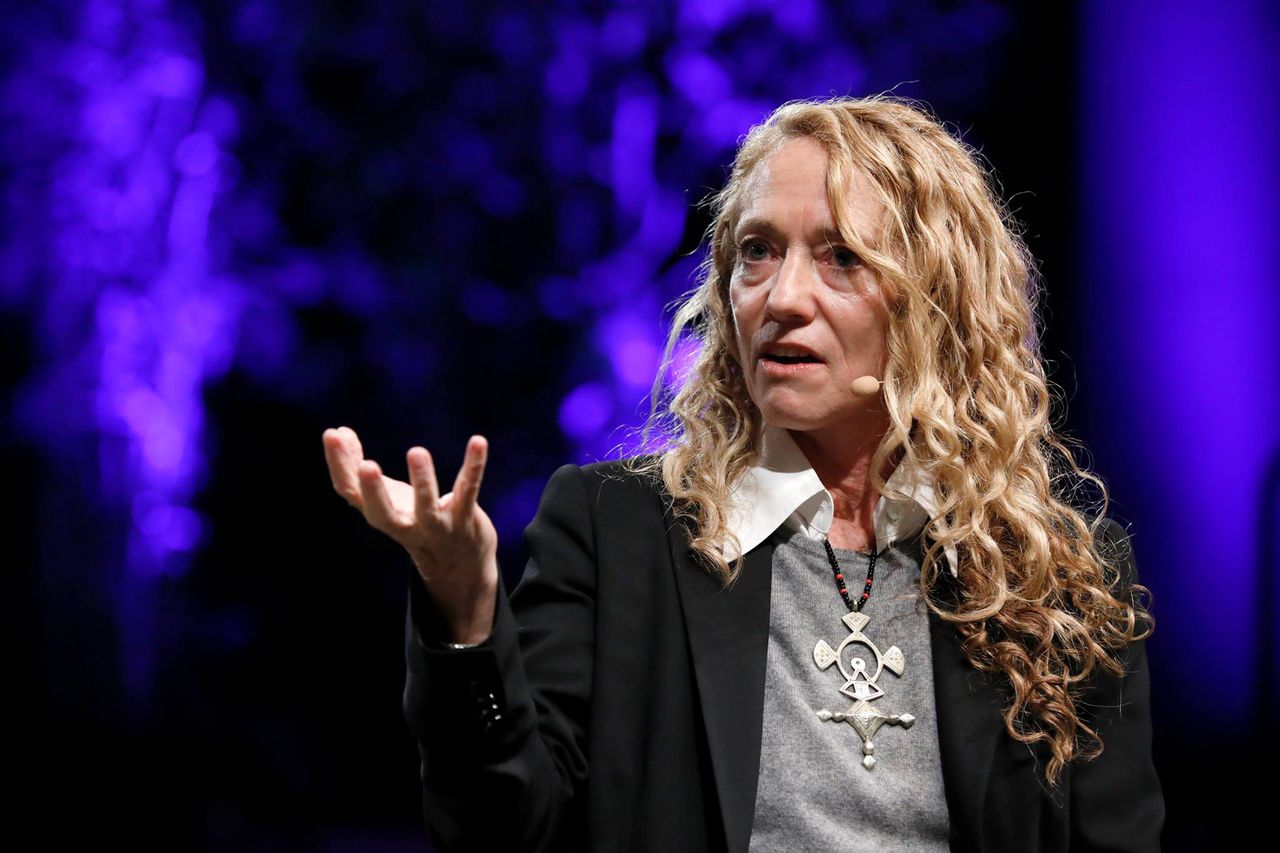
Lara Stein
When Lara Stein had the idea to open up the concept of the TED conference, she had no idea how successful this new format would become. In her opinion, the independent TEDx events became so popular because online enthusiasts were seeking real life conventions and a trustful community. Following her experience, Stein continues to work on new projects, including a platform for refugees that she is developing in cooperation with MIT.
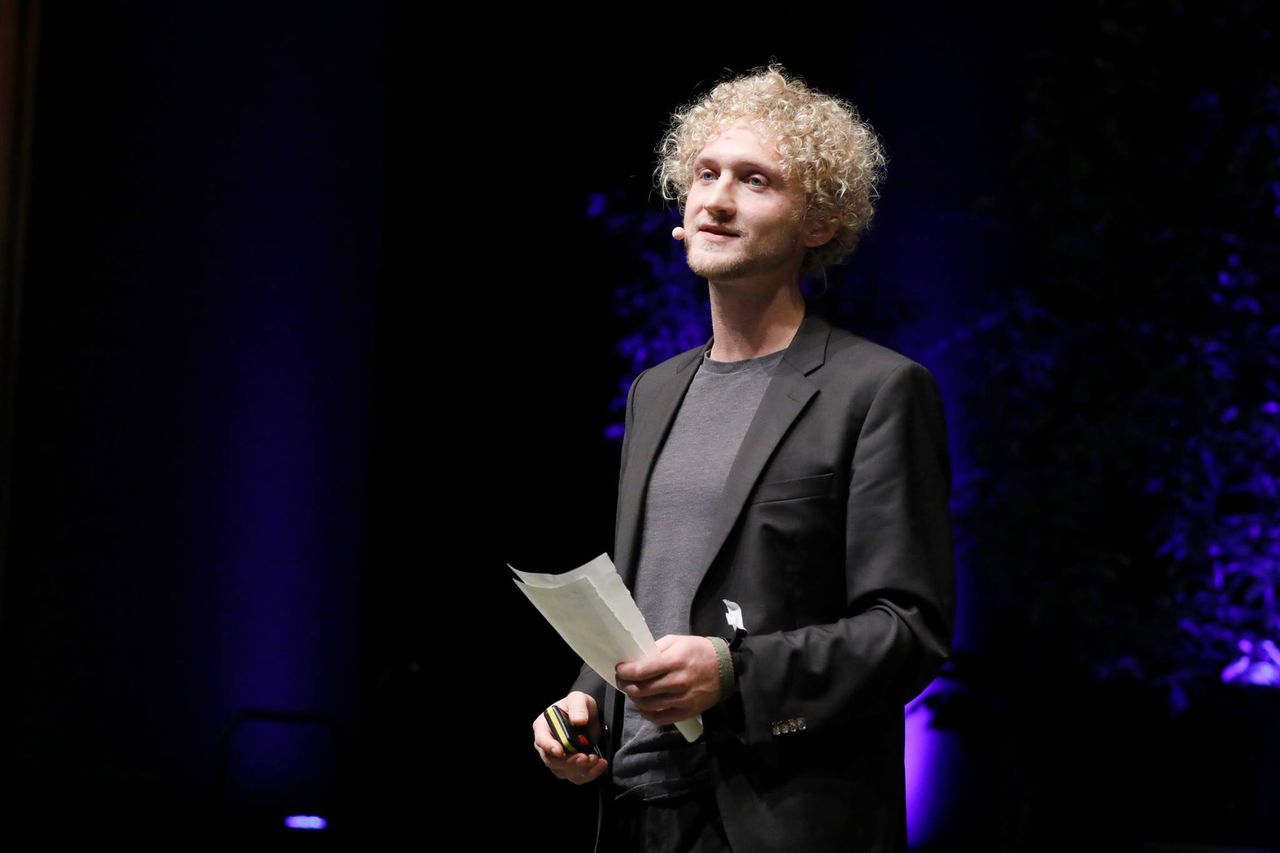
Christian Uhle
Christian Uhle is a young and energetic man with bright blond hair. Right at the beginning of his talk, he asks “Is the future of work a future of no work?”, an idea that, as he points out, is hundreds of years old. The balance between the things we have to do and the things that we want to is a topic that has been explored by many influential philosophers.
Let’s imagine a world in which we are liberated from the necessity to work, for instance due to autonomous driving. Christian argues that this may be the path to even more hassle - on your journey you could be doing your online shopping, calling your colleagues, planning the week ahead, leaving you more stressed out at the end of it than if you had simply driven yourself. But there’s a proposal by Christian: “the future of work can be now if we make it come true.”
Visit Christian’s website for details
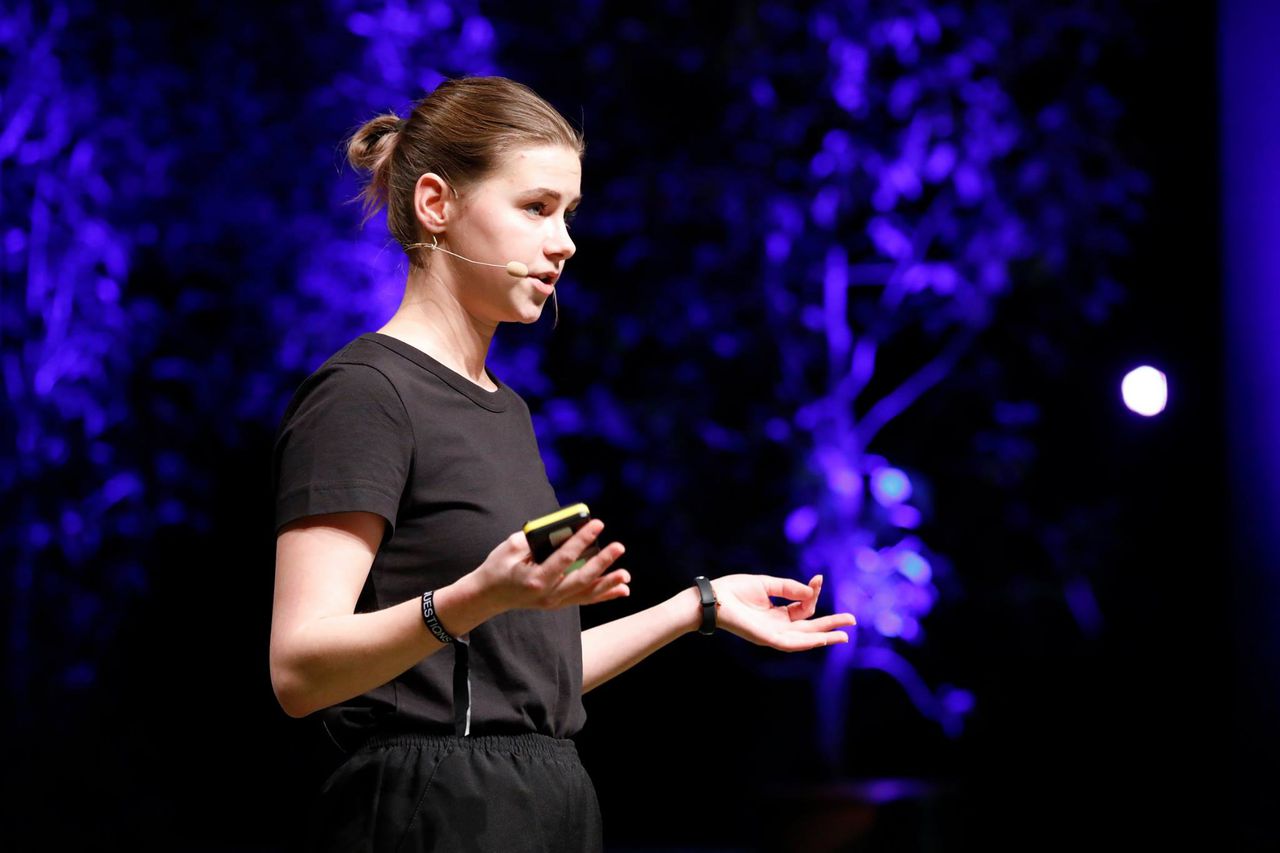
Elizaveta Dorrer
Elizaveta is talking about job loss due to the introduction of self-driving trucks, something that is viewed as a complex threat by the trucker unions. There have even been trucker strikes in Russia after tech-companies started to work on autonomously driving trucks. The technological trend is moving more and more towards automated and independent fleets.
However, all of them are collecting data-sets which could easily be used for something other than getting rid of human truck drivers. With the development of these technologies, which seek to integrate these now seemingly superfluous workers, it is possible to start creating opportunities. Elizaveta’s team helps to turn trucking into a less capital-intensive endeavour and at the same time creates a stable income for truckers. The work of truckers will shift to them monitoring trucks and with these new technologies truck drivers - who own their means of production - will be empowered to find sustainable tasks within the world of autonomous driving truck fleets.
More about Elizaveta’s work can be seen at www.uninionshift.com